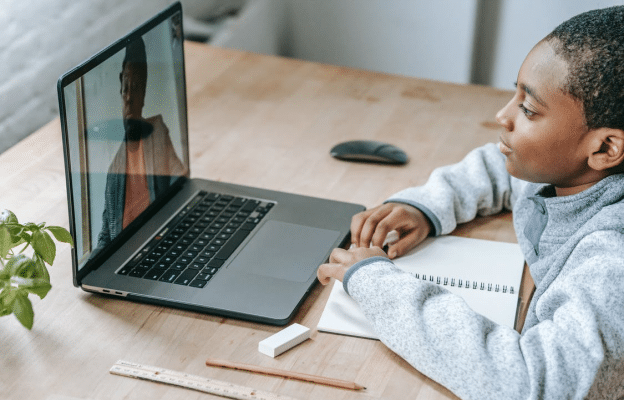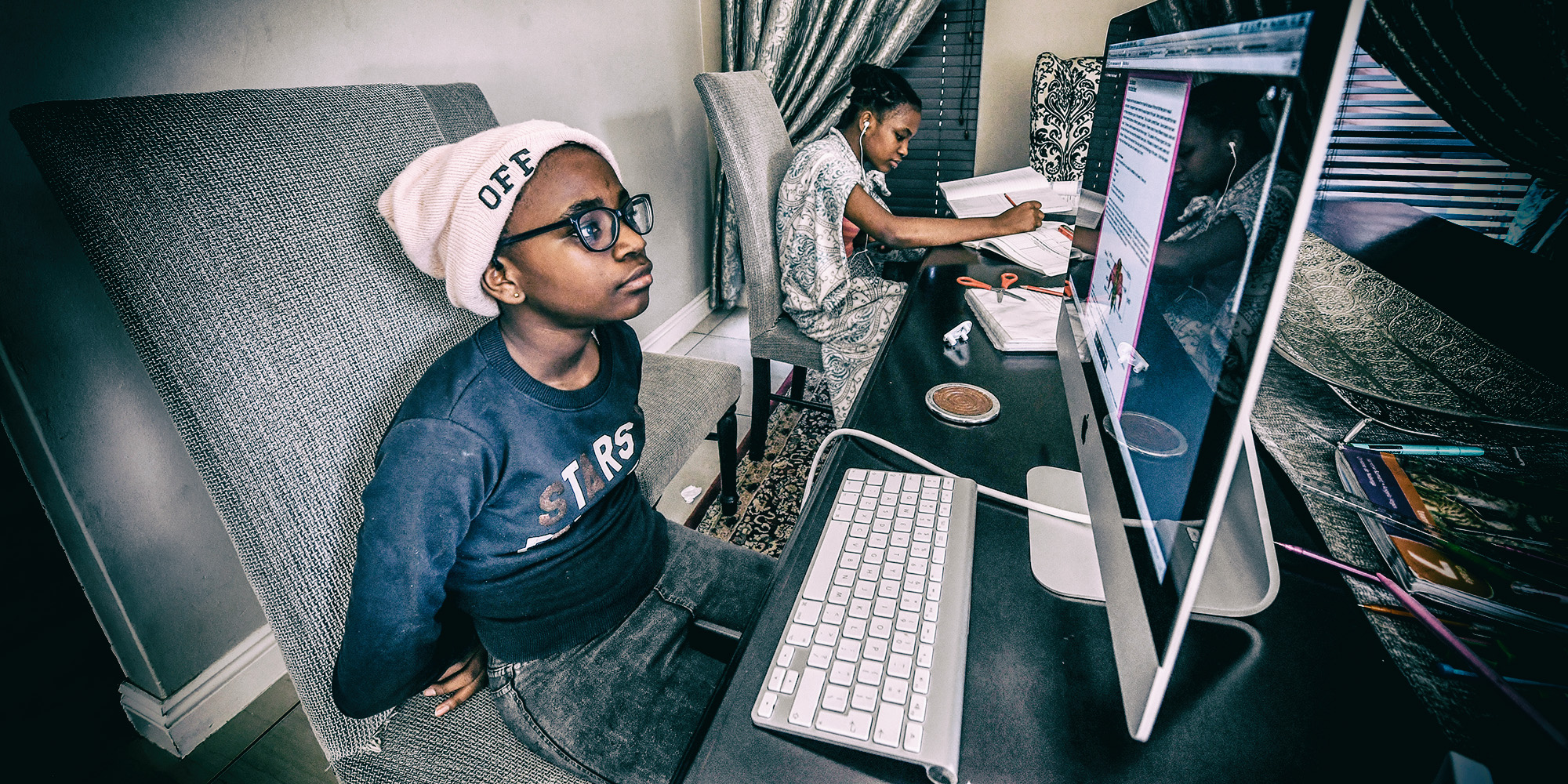A recent Kaspersky survey has found that most Nigerian teachers became more comfortable taking online classes at the height of the COVID-19 pandemic.
Online teaching came to the fore, following the outbreak of COVID-19 in November 2020. To ensure learning continued amid government-imposed lockdowns, Nigerian educators and institutions devised alternative means to keep the education sector running.
Soon, online learning and teaching became a subject for conversations. But, the acceptance of this new means (at the time) of acquiring knowledge across the country and educational institutions – private and government-owned – differed remarkably.
From the survey, 54 per cent of the teachers admitted that they became more comfortable when teaching online rather than offline. In contrast, 47 per cent of the respondents – including teachers – preferred the hybrid format of learning (some days at school and some days online) post-pandemic times.
According to data gathered, 14 per cent of the respondents don’t want online learning to continue in post-pandemic times. 40 per cent of the respondents said they would rather stick to entirely online learning.
While considering the effectiveness of the online learning process, 73% of those surveyed think that the process is less effective, or at least worse for some of the subjects or courses taught.
Most of the schools (53%) in Nigeria coped with the adoption of online learning. More than half of the respondents (53%) noted that the program was adapted completely, 43% agreed with the “partly” option. Among the new elements introduced to the educational process, video presentations (87%) and digital tests (73%) ranked as the most popular elements.


Also, 60% of these schools used chats to share knowledge. Interactive games enjoyed lesser usage than other tools – 20%.
The SARS-CoV-2 outbreak and subsequent pandemic had far-reaching global impacts, including on the education enterprise. The COVID-19 pandemic disrupted education in over 150 countries and affected 1.6 billion students. In response, many countries implemented some form of remote learning.
The response during the early phase of COVID-19, especially as lockdowns were called, focused on implementing remote learning modalities as an emergency response. These were intended to reach all students but were not always successful. As the pandemic has evolved, so too have education responses.
eLearning in Africa


Respondents to a survey by Guni Network understand that “the Covid-19 crisis has provided a host of important lessons – for schools and colleges, for Governments and for businesses.”
They know that distance learning, in a variety of forms, is here to stay.
The survey argues that Africans know that technology will play a much greater role in the “successful education systems of the future, particularly if African countries are to ensure that their young people are equipped with the skills they need for the dynamic labour markets of the fourth industrial revolution (4IR).”
In an online forum, teachers across Africa agreed that COVID-19 forced online teaching, notwithstanding what the teachers thought. The question, “do you think that the changes to teaching and learning that are occurring now should be temporary or permanent??” was asked and one of the forum members said:
There is no knowing when the pandemic will end. The changes to teaching and learning will be permanent in my view. Once students and even teachers get used to online learning, going back to face to face learning may not be an option. Online learning is flexible, you can learn or teach anywhere, anytime so long as you are connected to the internet. you are not limited to having to go to a classroom and you can always, as a teacher or student, get your resources at a click of a button.
P. Rasugu
Online learning has brought changes to the way we teach and learn. But the challenges have to be addressed as the world builds back from the COVID-19 pandemic.






